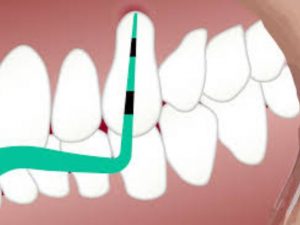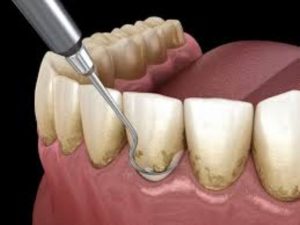Scaling and Root Planing
Scaling and Root Planing In Iran
Best scaling and root planing clinic in Iran
 More than 35.000 Iranian and foreign patients are going under scaling and root planing clinic in Iran each year. scaling and root planing clinic in Iran is on top of the middle-east regarding its skilled specialists and surgeons.
More than 35.000 Iranian and foreign patients are going under scaling and root planing clinic in Iran each year. scaling and root planing clinic in Iran is on top of the middle-east regarding its skilled specialists and surgeons.
Here are the best clinics for scaling and root planing in Iran:
- Peris clinic
scaling and root planing cost in Iran
There is a significant difference between the cost of scaling and root planing in Iran and other countries. The most important factors for the low price of it in Iran are:
- A large number of scaling and root planing clinic in Iran
- A large number of applicants for scaling and root planing in Iran
scaling and root planing surgery cost in Iran varies depending on the scaling and root planing and the clinic. An average cost of scaling and root planing in Iran is $800.
Scaling and root planing cost in Iran in comparison with other countries
This treatment costs $10,000 in the U.S., $6,500 in Europe, $2,000 in Thailand and $1,500 in Turkey.
Best scaling and root planing surgeon in Iran
More than 70.000 dental surgeries are being performed each year in Iran. Experienced Iranian doctors with an excellent record are performing the operations. One of the most important factors for choosing a good surgeon for scaling and root planing in Iran is a doctor has done many scaling and root planing. You can find the best doctors for scaling and root planing in Iran on our website by following their different experiences.
Why should you travel to Iran for a scaling and root planing?
Many patients travel to Iran for scaling and root planing. One of the reasons for this matter is Iranian specialists and surgeons who have high surgery success rates.
- Low cost of scaling and root planing in Iran
- Low cost of accommodation in Iran
- Well experienced doctors
- The high number of scaling and root planing in Iran
Scaling and root planing centres accordant with today's European standards are performing the highest quality operations in Iran. Another reason for scaling and root planing in Iran is its lower cost compared to other countries.
How long should I stay for scaling and root planing in Iran?
About Scaling and Root Planing
 Dental plaque is a white substance that is created on the teeth surface after eating. Bacteria placed on the tooth plaque; these bacteria use particles of sweet beverages and foods and then produce acid. This acid causes damage to teeth and gum. As a result, the gums become inflamed and infectious. This bacteria products and plaques cannot be removed only by brushing, but the dentist can do it through scaling and root planing. This method is considered as a relatively invasive method, but it is an excellent option to prevent the need for gum surgery. According to reliable references, this practice is a gold standard for treating patients with chronic periodontitis.
Dental plaque is a white substance that is created on the teeth surface after eating. Bacteria placed on the tooth plaque; these bacteria use particles of sweet beverages and foods and then produce acid. This acid causes damage to teeth and gum. As a result, the gums become inflamed and infectious. This bacteria products and plaques cannot be removed only by brushing, but the dentist can do it through scaling and root planing. This method is considered as a relatively invasive method, but it is an excellent option to prevent the need for gum surgery. According to reliable references, this practice is a gold standard for treating patients with chronic periodontitis.
Recommended for
- People who experience significant issues with tartar and plaque on their teeth, putting them at risk for tooth decay and gum disease.
Before Scaling and Root Planing
The dentist will check the medical history and all the medications. Due to the risk of infection after the surgery, the dentist will prescribe prophylaxis antibiotics especially in patients with endocarditis (a kind of heart disease) or patients with artificial implants in their body like an artificial heart valve or whom with the weakened immune system. Antibiotics are also necessary if the patient had major surgery recently.
During Scaling and Root Planing
Local anaesthesia is often used to minimise any discomfort. The dentist removes the plaque and tartar from above and under the gum, and the entire tartar is cleaned up to the bottom of the teeth envelope. Then, if needed, root planing will be begun. The dentist smooths the edges of the root of the tooth so that the gum adheres to the teeth. These smooth teeth surfaces prevent the bacteria or local sediment accumulation on the gums. Therefore the gums can recover and heal itself.
Recovery
Patients may have pain, the teeth may become sensitive, and even the gums may be swollen or bleeding. All these complications are normal after this surgery for one to two days. The dentist may prescribe painkillers, antibiotics and mouthwash. In the next appointments, the dentist will check the gum recovery and measure the depth of the envelope. Other forms of treatment may be required if the packet depth is increased. Care for gums and teeth are very important after the procedure.
